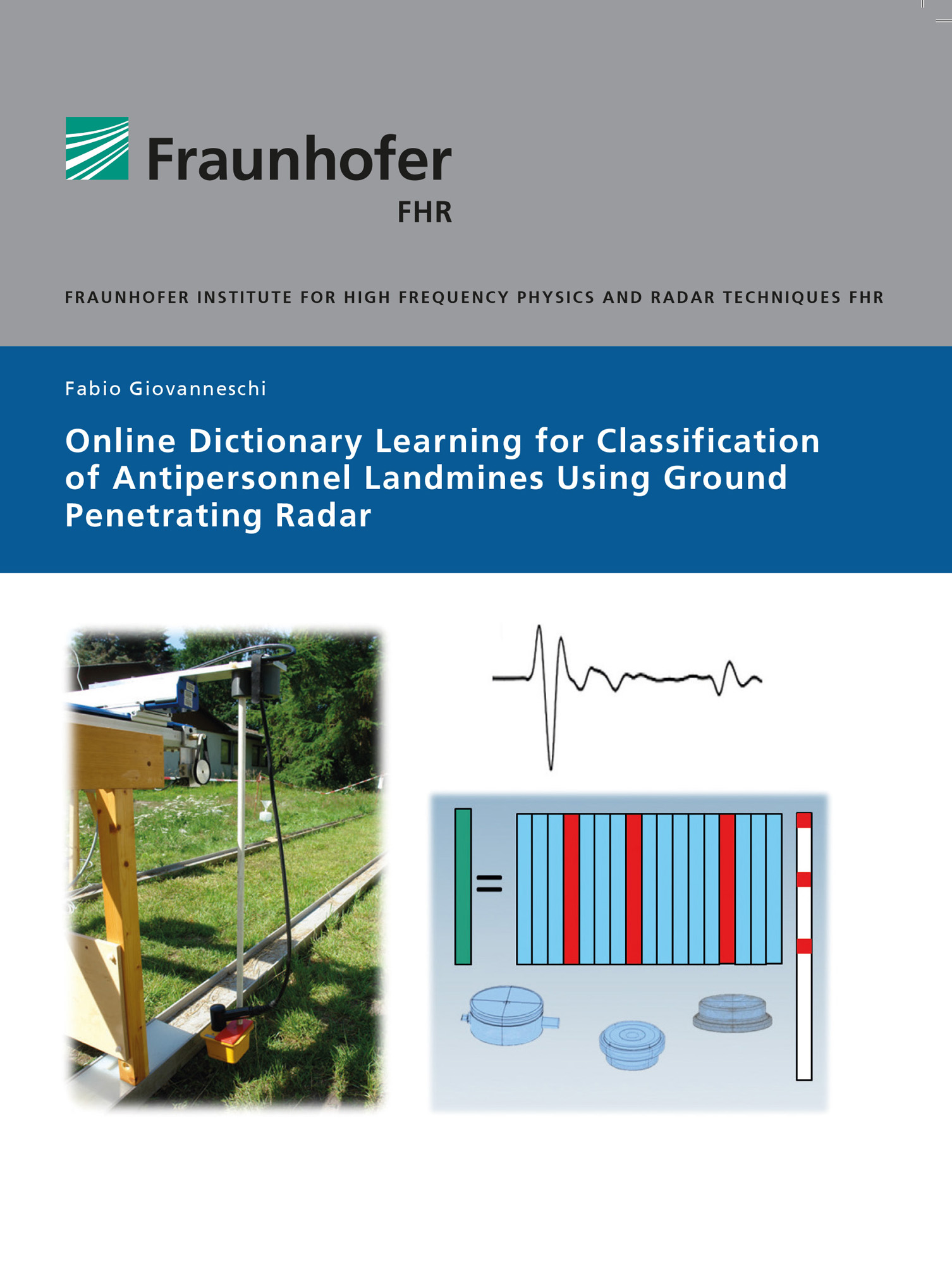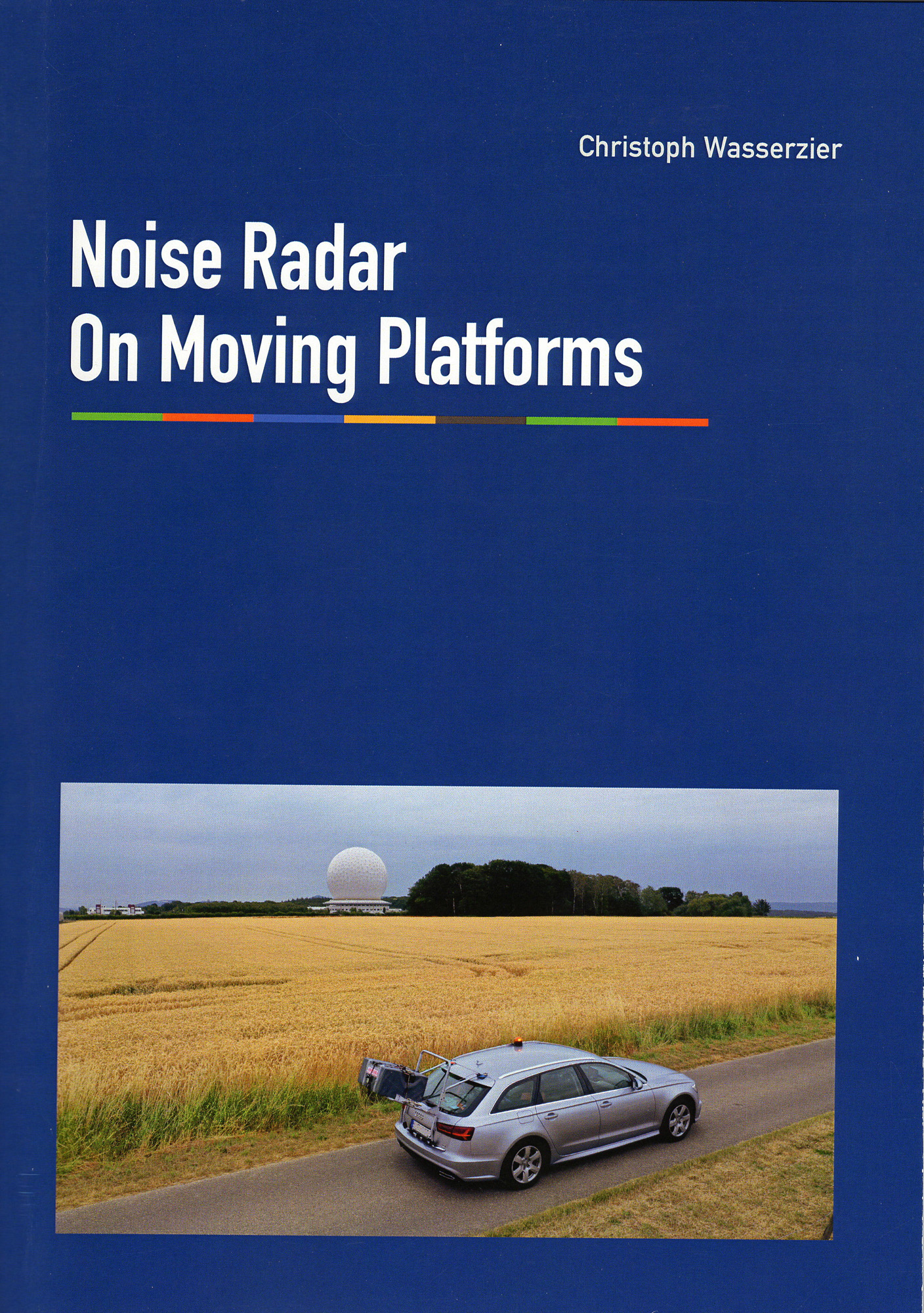After studying electronic engineering with a focus on information and communication technology at RWTH Aachen University, Dr. Christoph Wasserzier joined Fraunhofer FHR as a researcher in 2009. "At first, the doctorate was not my plan in the first place. Instead, I focused on exciting tasks in the present-day Passive Radar and Anti-Jamming Techniques (PSR) department, in areas where the publication of the research results is somehow difficult."
The idea to pursue a doctorate originated from a growing interest in the field of noise radar. "The topic has always seemed promising to me and has reached great potential in terms of its practical applicability enabled by recent technical developments. That was appealing to me."
Dr. Christoph Wasserzier attended the PhD program at the Tor Vergata University of Rome starting in 2016. He was supervised by Professor Gaspare Galati, who has a vast experience as a researcher in this field. He traveled to Rome particularly for block seminars, but a bulk of interaction with Professor Galati took place online. "The program's clear structure allowed me to work efficiently and to combine the doctorate and activities at the Institute smoothly. My team leader Josef Worms, Prof. Daniel O'Hagan as head of department and his predecessor Heiner Kuschel always supported my PhD. Many colleagues from PSR or the workshop helped actively, especially during field experiments."
Dr. Christoph Wasserzier developed a new, real-time capable method enabling future applications in noise radar. The demonstrator he implemented in order to experimentally prove the method was received with great interest. Subsequent uses included a NATO measurement campaign and it will continue to be used by PSR in the future. "Fraunhofer FHR provides the best conditions for successful research, not least due to the great infrastructure and equipment of the laboratories as well as the high level of technical competence of the employees. But the close collaboration with the Federal Armed Forces is what enabled the high quality of the results in the first place," he sums up the conditions of his PhD.

